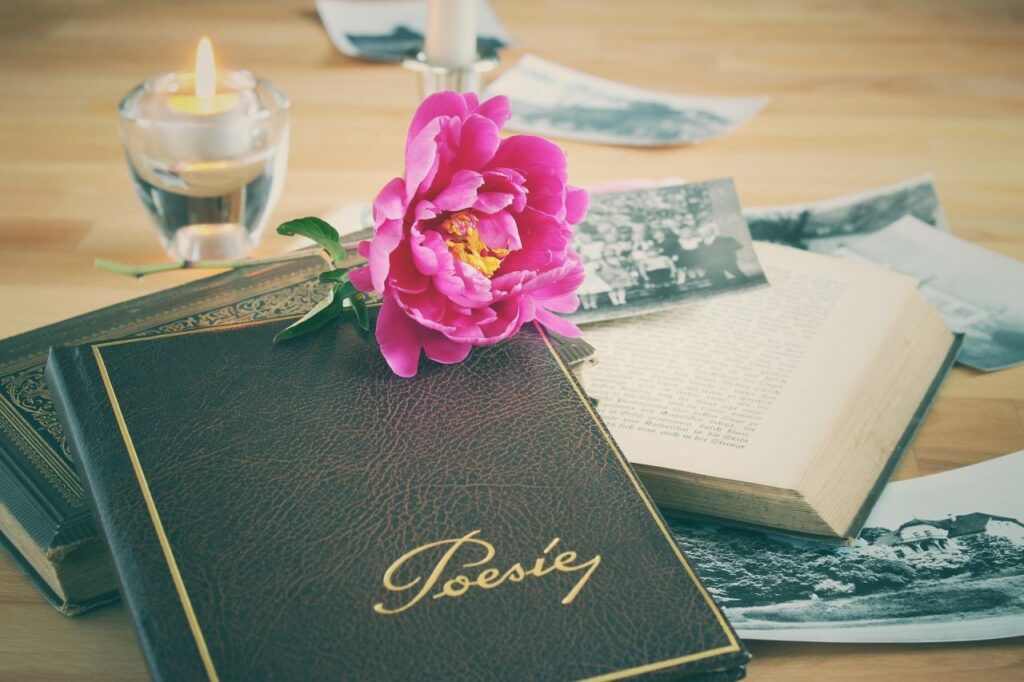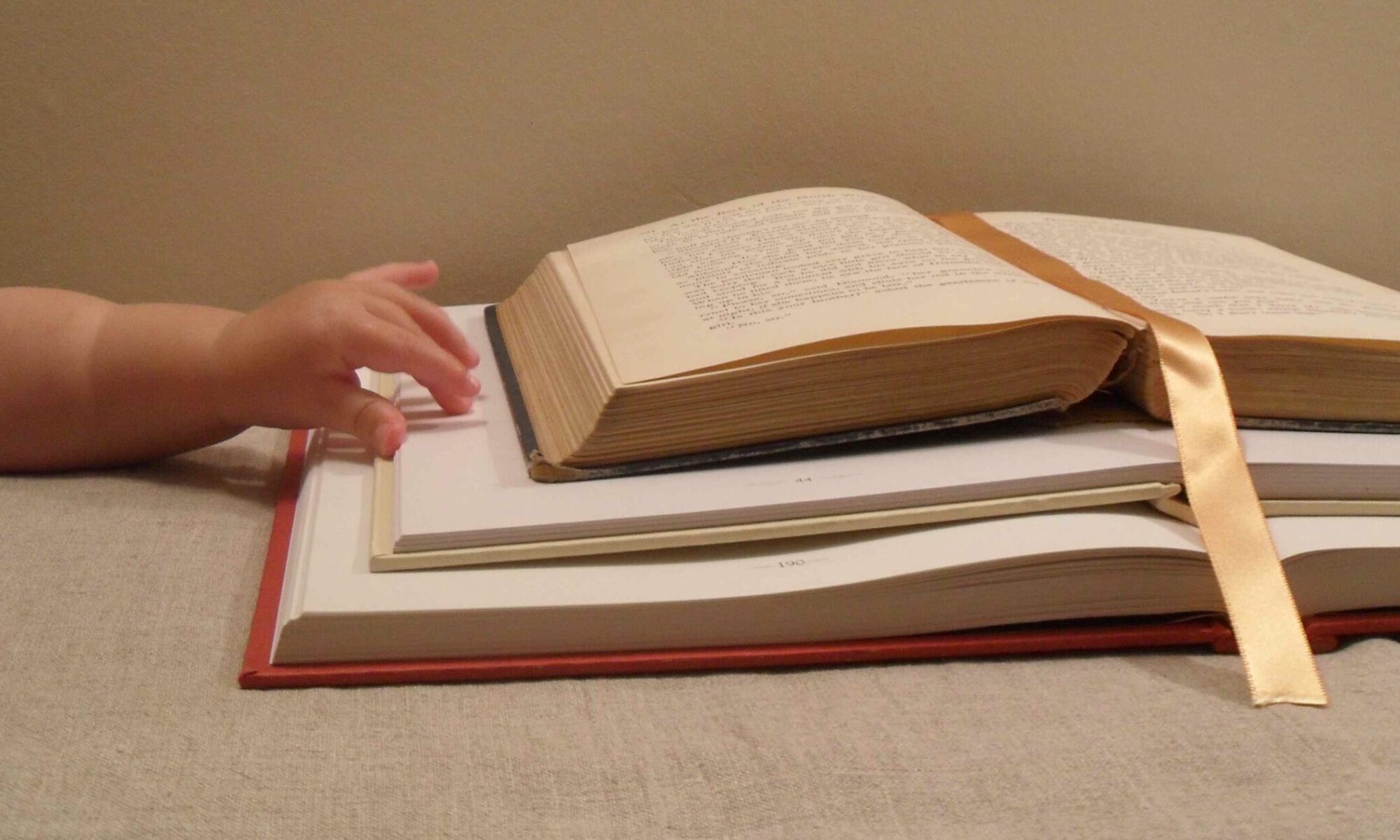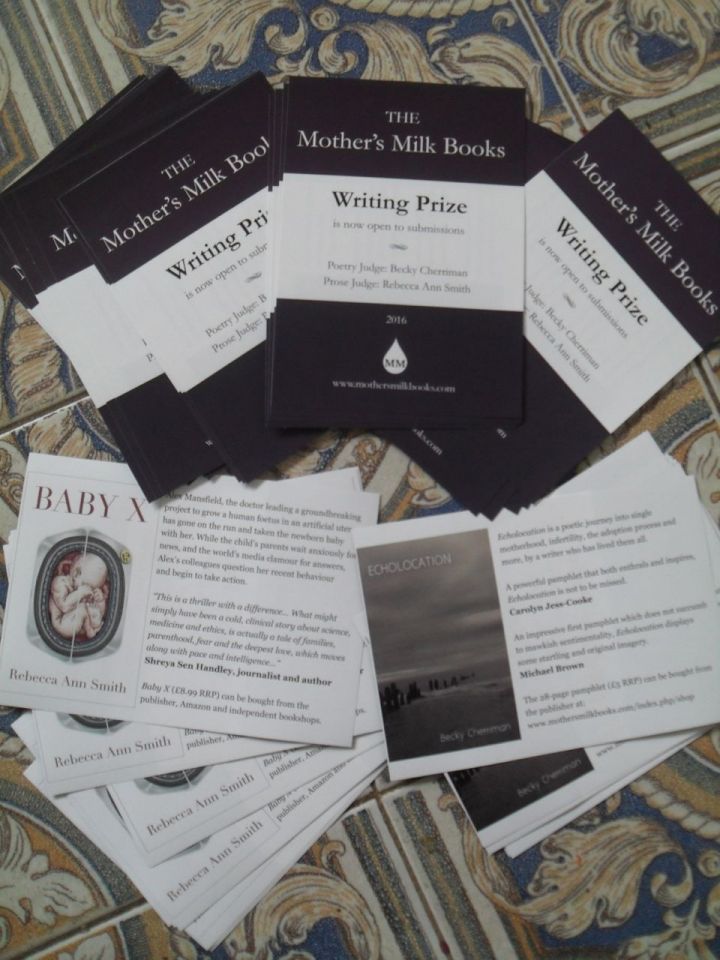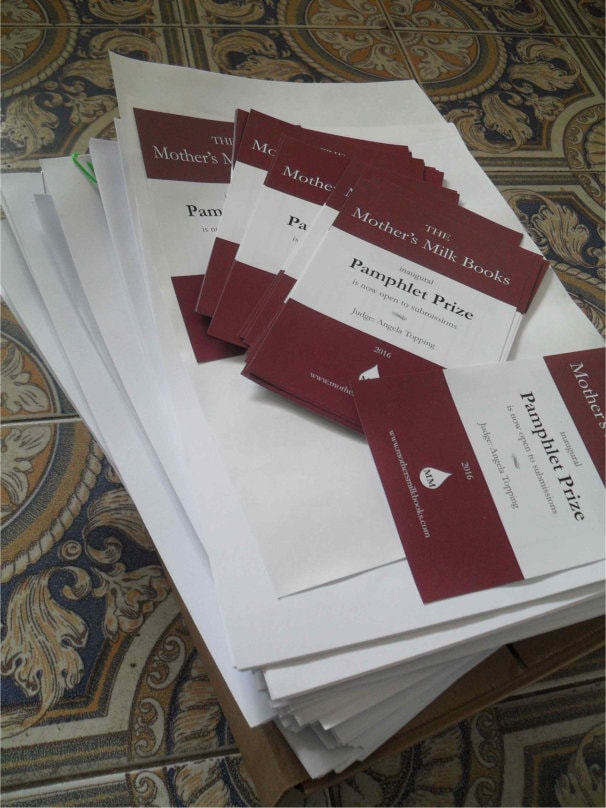I am delighted to be able to announce the results of the 2014 Mother’s Milk Books Writing Prize. As there was an increase in the number of submissions compared with the inaugural year of the competition we were very happy indeed to be able to commend more pieces. The writing was of a very high quality and both judges commented on how they felt privileged to read the entries. To quote the poetry adjudicator, Cathy Bryant: “As always, Mother’s Milk has that extra something special.”
A big thank you to all who those who bought a ‘something’ and entered their writing. Thank you for trusting us with your precious words.
Please note: first publication of the winning pieces will be in the summer issue of the fantastic magazine JUNO (out June 2015). We will also be publishing an anthology of the winning and commended pieces this autumn. Please look out for it!
Poetry Category (adult)
The judge’s report is at the end of the results.
THE WINNER:
We Are Sleeping — Wendy Orr
THE COMMENDEDS:
The Story of Us — Eleni Cay
Mirrored — Angela Smith
Beholden — Stephanie Siviter
Time Stands Still — Ute Carson
with Alice, aged 4 — Nikki Robson
She is Autumn — Starr Meneely
Night Nursing — Lynsey Hansford
Lullabies — Finola Scott
The Story of Us — Stephanie Arsoska
to see you now — Emma Wootton
Birthday Parties — Karen Little
Blank Page — Sue Hardy-Dawson
Chuckle Chutney — Sarah James
Gem — Sally Jack
Inbetweeny — Fran Bailie
Mother Moon — Joanne Adams
Slow Movement — Sue Barnard
South Crofty Mine, 1948 — Abigail Wyatt
Urchin — Becky Cherriman
Us — Luschka Van Onselen
Vanishing Twin — Catherine Haines
Ward 3D — Laura Taylor
No Room to Be Ill — Julie Russell
Poetry Category (Children)
THE WINNER:
Me and My Brother — Isaac Lloyd
THE COMMENDEDS:
Lovely Family — Matilda Luna Furlan-Simmonds
The Family of Me — Surya Cooper-Ivison
Emily Butterfly — Shanti Cooper-Ivison
Lovely Family — Jordan Clarke
Prose Category
The Judge’s report is at the end of the results.
THE WINNER:
The First Winter — Jessica Bradley
THE COMMENDEDS:
Spinning Straw — Helen Cooper
A Journey to Love — Dawn Osabwa
Birth Stories — Becky Tipper
My First Born — Lucy Benton
Bernadette — Angi Holden
The Story of Us — Lynsey Hansford
A Nepalese Adventure — Caroline Cole
The Story of Us — Dawn Clarke
I Whisper His Name — Rose Topping
The Love of Five Dolls — Henrietta Job
Home From The Sea — Louise Goulding
Life Cycle: The Circle of Us — Liz Proctor
Our Dancing Hearts — Ann Abineri
Co-operative Shopping — Beth McDonough
The Story of Us — Lynn Blair
Cathy Bryant Poetry Report
The Adult Category
When I judge a writing competition, I usually read the entries three times each. The poems entered for this competition, however, were of such a high standard that I read them for pleasure as well as for judging purposes, and I devoured them a total of six times each, in the end.
Every time I read our winner, ‘We are sleeping (for my daughter)’, I was bowled over by it. It really is a perfect match of form and content, as the two-line stanzas are ideal for a poem about two such close people, and the use of enjambment, the lines and stanzas flowing into each other, emphasises the connection. The words and images range from the physical experiences we can identify with: ‘…her fingers reach/to the nape of my neck, in a flex of possession’ (I remember my sister’s twins doing that to me, one on each side!) to the surprising yet appropriate metaphors: ‘…a sleeping buttress solid and fed and rooting…Her palm the counterfort at my face’. There are so many quotable lines: ‘…and always her mouth an o, knowing her body, my body’s // echo’. I hope that this poem becomes well-known – it deserves to.
‘Urchin’ is a beautifully-constructed poem, and terribly sad. The protagonist has suffered domestic abuse and is taking her baby to commit suicide. Yet this isn’t a bleak poem, somehow — the wonderful sea images are exquisite: ‘glimpsed worlds in the/full hollow of her stiff skirts’, and the joining of the drowning pair — ‘…together in the/bluegreen of the gull cry’ is a triumph — though the reader longs to save them. Not a wasted word here.
‘Vanishing Twin’ is another sad poem, but again the form and content are so perfect that it’s uplifting to read. The mirror structure is ideal for the theme, that of a twin who vanishes in early pregnancy, between one ultrasound scan and the next. The imagery made me say out loud the rather inelegant word, “Wowser!” — ‘we two, alabaster cosmonauts/ sleeping naked in crimson cloaks,/two pistols in a presentation box’. The poem as a whole has an excellent idea, very well-worked and with some fine images.
‘Gem’ is an example of less being more. In just twelve short lines, we experience the ‘fug of labour’ amid the ‘mass of hands’, and are given the original image of the baby daughter as ‘…my miner/who tap, tap, taps/at my resources’. Tight, vivid and with a cracking ending, I enjoyed this enormously.
‘Time Stands Still’ is a charming poem from the point of view of a grandmother, with a baby grandson in the first stanza and his elder brother in the second. The images of the ‘…small animal,/heart to heart, rapid beat to my sluggish rhythms’ and lying in grass ‘…gently combed by an autumn breeze,/frogs croaking in the shimmering algae on the pond,’ are evocative and delightful. Another poem with a strong ending, too.
‘Birthday Parties’ paints a vivid picture of a girl and her brother having a difficult childhood. The mother is never mentioned, and her absence is painful to the reader. The descriptions are marvellous, whether of the cake with plastic figures of the Beatles ‘…because granddad works/ at Oddie’s Bakery and they must have/thousands of them leftover from the sixties.’ or the girl accidentally injuring her brother while playing Twister: ‘…it turns out he has/a twisted testicle. I believe this is why dad left home’. The reader feels immense sympathy for the girl and her brother, though there’s not a word of self-pity in the poem — if it’s autobiographical, however, then I’d very much like to give the poet a hug.
In ‘South Crofty Mine, 1948’, the narrator looks at a photo of his/her mother outside a mine, years before the narrator was born. The not-yet-mother, ‘restless to be wed’, is contrasted with the child-to-come’s world of great drifts of bluebells and hyacinths, and a world ‘…as warm and safe as milk’ in which s/he ‘…shuffled on my bottom like a crab’. We move to the present day, with everyone ageing and the mine closed, but the photo has survived. This poem achieves an awful lot and keeps to the theme really well.
‘Mirrored’ has great use of form (a villanelle) and metre, as it explores a woman looking into the mirror and seeing her mother’s face there. I particularly liked the different shades of meaning that attach to the repeated lines — for example, ‘Reflection takes me to a different place’ is used both of the reflection in the mirror and of mental reflection and contemplation. A thoughtful, clever poem.
What a rare joy it is to see understatement used as it is in ‘Ward 3D’. This is also an example of ‘showing not telling’, too, and all the more powerful for that. We are never told that the child had a difficult relationship with his/her parent, that the parent is dying or that the child (now grown up) is struggling to say, ‘I love you’, but it’s all there. The ‘tiny words… …tissue-thin and chalk for bones’ may be whispered — and the pain and fragility of difficult family relationships is beautifully conveyed.
‘to see you now’ is very nearly a prose poem, and again it matches form and subject — the flowing language matches the fractured wandering of the mother’s mind and the changing relationship between her and her daughter. The vivid descriptions ‘don’t fuss, you’d say, not that you would’, ‘now, you point/the tv remote towards the radio’ paint a vivid portrait of two people and the cruelty of dementia.
‘with Alice, aged 4’ is another example of less being more. This unpretentious short poem plays with language as if with bath-bubbles: ‘dip-scented, warm-bath froth’ and ‘soft skin-on-skin’. Warm and loving — even if there is a hint of changes to come in the last line. Another fine poem.
‘Lullabies’ partly belies its comforting title to bring us the thoughts of a grandmother cuddling her grandchild, and remembering being a mother in a Glasgow tenement. She remembers the radio phone-ins: ‘They’re missing their Da./He’s away – wee bit of trouble/with the police’ and this is contrasted with the loving intimacy of parenthood: ‘Sparks of love flame our den’. This is another poem that keeps well to the theme, telling a story of love through difficulty, and doing so with power and tenderness.
What a title — ‘Chuckle Chutney’! It’s ideal for this romp down memory lane, replete with the fruit scrumped ‘…from Nan’s full-lunged trees’. Reading about the apples, plums and greengages actually made me hungry! What is left is made into chutney: ‘…enough summer spice and colour/to warm us through the winters’. Indeed!
I was glad that I’d experienced looking after babies at night, to appreciate the poem ‘Night Nursing’, in which ‘…miraculous mother powers/match plug and socket’. The darkness of this is explored with love and imagination: ‘Darkness is where we consent/to the drawbridge lying flat’. The leaking and staining qualities of milk are again used as metaphors, too, and there isn’t a cliché in sight.
‘She is Autumn’ is a beautiful and rather mystical poem that makes no apology for its strong emotions and images. A mother describes her ‘Goddess child’ – ‘The one with hair the colour of leaves on the dawn of winter’. This is a poem like a painting, rich and evocative: ‘She is Autumn – fire and hush.’ Wonderful!
‘The Story of Us’ has a terrific opening: ‘The path between your wrinkles was never too narrow/for fairy tales’. The fairy tale motif is used throughout the poem in which a ‘princess’ loves, and then loses, her grandfather. This works very well when contrasted with prosaic details: the castle is ‘destroyed by the dragon’ when the old man dies, and the bereaved granddaughter ‘…cried openly into your freshly-ironed shirt’.
‘Mother Moon’ starts with an image of mother as moon to her planet child: ‘When you were born,/I started spinning,/And all these years later/I haven’t stopped’. The poem then explores the pulls and orbits and changes in the planet and moon relationship, and does so with originality and love. It’s charmingly done and lovely to read and reread.
‘Beholden’ is a glorious mess of the gritty realism of parenting: ‘All day he’s had a yoghurt propelling snotty nose’, and ‘the fatigued and frazzled baby-Father fights’. Yet love comes through too, and rhyme is used as we look at the child with images just as powerful: ‘his chimp-like rump/his bitty belly, portly and plump’. A strong poem about not taking parenthood for granted — and I love the shades of Sylvia Plath in, ‘…like gobbling down a podgy gold watch’!
Another poem called ‘The Story of Us’ has dragons and fairy tales again, but avoids cliché with strong and original images: ‘…these fire cracker/kids, the wildest of animals here’, and being shipwrecked ‘…in strange territory with tea/and biscuits, sweeties and juice’. This exuberant adventure in parenting deserves a happy ending!
‘Inbetweeny’ is in the form of a conversation between a menopausal mother and an adolescent son: ‘Strange thing, gingery and tall/who never comes down when I call’ is answered later on by, ‘Years passed by and hormones flowed,/your tiny tadpole became a toad’. The rhyme is fun, the repeated refrain ‘whence came you/what changed you?’ effective and just for even more fun, it ends with a clever and charming anagram.
‘Blank Page’ shows us the baby arriving ‘sweet but empty’ and being gradually filled by experience. The mother’s love for her ‘…red crumpled bundle/with doll’s toes’ is palpable: ‘For a while I shone/with such want/I hugged it’. It’s beautiful and very tender, and ends with the gentle acceptance of change.
‘Slow Movement’ has the original idea of describing a relationship using musical terms. This took me back to my piano and flute lessons — and the poor, patient teachers wincing at my cacophony! I loved this take on love — and the last line is full of warmth and joy.
‘Us’ is the moving tale of a mother’s bond with her child, including the awful moment of near miscarriage. The poem shows love and the mother’s bond flowing through time and beyond time, and the eternal nature of it. The contrast between fear at the rim of the toilet bowl and the mystical, ‘We have never not been’ is very effective.
‘No Room to be Ill’ is a wonderfully honest poem, showing the misery of feeling ill when trying to care for children. I loved the realism of it: ‘“Mummy?” says a little panic-stricken voice./Big sigh from me…’ But the realisation about a future that will have too much time in it for illness helps the mother to find perspective.
It was a privilege and an honour to read all the poems submitted.
Children’s Category
Anyone who spends time with children knows that as soon as they start to speak, they start to be creative with language. So perhaps it shouldn’t come as such a surprise that our winner is just three years old! ‘Me and my brother’ is full of honesty and invention. ‘My brother is a nasty beast/His claws are much too soft’ is the surprising opening, and the rest of the poem explores the contradictions of sibling relationships until the exuberance of the final line, in which we are told that the brother is: ‘…everything more and everything long and everything brothery’ — well, that tells us, doesn’t it?!
There were two poems called ‘My Lovely Family’. One, by a 14-year-old, is very well-structured and very tender, and the concise ending ‘Thank you and bye’ is a lesson in brevity that many adult poets would do well to learn. The sound of the words, particularly the use of vowels, is lovely too — cry, equally, me, die, too.
The other commended poem called ‘My Lovely Family’ is both tender and sad, asking the reader to ‘…please remember us all’. Love and loss are shown in evocative lines such as, ‘…we wish you could come back to us and never die’. This is a poet of sensitivity, who shows emotions very well.
I’m guessing that ‘Emily Butterfly’ and ‘The Family of Me’ were written by sisters, as one mentions her sister Surya and one says ‘I Surya’. These are vivid and delightful descriptions of a loving and vibrant family life. Emily is particularly good at noticing emotions and people’s characteristics: ‘Surya/is kind to me./And I also like Daddy he is funny.’ Surya tells us what each member of the family loves and then adds, ‘We love each other’. These are lovely family portraits, and I hope they will be treasured.
All in all the children have proved that they have just as much to say in a variety of ways as the adults have, and well done to them all.
Milli Hill Prose Report
As a writer I am acutely aware of the painful process, not just of writing, but of then taking that carefully crafted arrangement of words and putting it out into the world. This takes courage, and like all art-sharing, the experience leaves you exposed and vulnerable.
Judging this competition was therefore a difficult process for me — in particular I struggled to make a ‘no’ pile — as I could see something beautiful in every entry! Each one moved me in some way, had some little turn of phrase that captured my imagination, or simply impressed me with its rawness or honesty.
Nevertheless this was a competition and I simply had to pick some winners!
I have chosen The First Winter to be the winning piece of prose. It has an easy, well-crafted rhythm that took me on a journey, at first to familiar places that made me smile and reminisce about the early days of mothering my own first-born. But just as I relaxed into the tale, the writer jolted me so hard I gasped out loud. I found it riveting, and — although I have never found myself in the writer’s terrifying position — I could empathise so well with the dreadful anxiety that motherhood so often brings. I also liked the subtly implied idea that some episodes of our lives are like being underwater and holding our breath. The writer tied this idea in with seasonal references to bring another atmospheric layer. Overall, the effect was a very clear and simply told story that belied the writer’s efforts to create something with beauty and a deeper meaning. I enjoyed it very much.
I have chosen to award ‘Commendations’ to fifteen further pieces of prose.
I would like to give a special mention to Birth Stories – those of you who know of my work as a birth writer and activist will understand why this story in particular drew me in. It’s a truly excellent piece of writing and is brutally honest about the emotional experience of a traumatic birth. The writer takes us with her as she struggles to make sense of what has happened, and the last four paragraphs I found especially well-crafted and moving. Anybody who has ever trotted out the cliché, “All that matters is a healthy baby” should be made to read this work.
Bernadette is a great piece of writing, like a carefully made fishing net, imbued with the sights, sounds and smells of the sea. The woman of the title leaps to life from the first sentence, and it takes great skill to paint such a vivid scene in such a short word count. It was also good to read a story of motherhood in which the love of the child plays a supporting rather than a central role.
A Nepalese Adventure takes us to another world entirely, and is an inspiring story of adventurous travels with small children that made me want to broaden my own horizons. It was lovely to read of a mother’s love for her children as she considers her place in the world, against the pure and uncluttered backdrop of the Himalayas.
Co-operative Shopping offers no easy explanation for itself and I liked this quality very much. Is the person they describe autistic, or simply a difficult child, or something else? It is not revealed, but the quick, flicking prose seems to inhabit a place in between the mother’s voice and the stream of consciousness of Ruari as they navigate the everyday complexity of the grocery shop: a fascinating read.
Spinning Straw is a very heartwarming tale and of course reminded me immediately of putting my own children to bed and how I similarly feel so very tired and yet find the experience so incredibly precious. We must not wish these times away, I found myself thinking!
Home from the Sea traces beautifully the notion of roots, and adds in the poetic image of wings too as the writer celebrates her own small child against the backdrop of her seaside house. I liked very much the way the writer gathers together the threads of past, present and future with wonderfully evocative and rich imagery.
Life Cycle: The Circle of Us has a real confidence: the kind of writing that can seem ‘effortless’ but that can take an hour a sentence — well certainly for me anyway! I found it very poetic and I loved the links and connections that looped cleverly between the imagery.
The Story of Us (When people ask…) took me to a different place — the simple history of how our parents and grandparents met, which always, as the writer points out, highlights the randomness of our existence. This piece of writing is a lovely reflection on blood lines and the impact of the tiny details of our ancestry on our bodies and minds.
A Journey to Love won me over with its brutal honesty: this is not an idealised portrait of motherhood but somehow its realism ended in tenderness and reminded me very much of the ‘bad days’ we surely all have as mothers where, in spite of everything, our last thoughts as we fall asleep are still filled with love for our children and a resolution to do better tomorrow.
I liked the way The Story of Us (It started with you…) jumps from the writer’s day to moments of her children’s births as she reminisces on the pivotal points in the growth of her family. Some lovely writing — quite broad and rightly confident brush strokes in places painting a touching and life-like picture.
The Love of Five Dolls is a story of a mother’s love and loss, sewed carefully into the stitches of the dolls she crafts for her children. It left me feeling terribly bereft, as undoubtedly the writer herself must be. A moving story that, like the winner ‘The First Winter’, and indeed like every entry, takes the reader into the fragile world of motherhood, a place filled with infinite love and agonizing vulnerability.
Our Dancing Hearts painted a lovely picture of a day out with children: I liked the way the writer portrayed how the excited presence of children can transform a simple errand — in this case to buy ballet shoes — into a grand event. The twist at the end was touching and sad, and revealed a pressure all mothers of siblings surely feel, regardless of their qualities or inequalities.
My First Born transported me at once to the difficult transition from one baby to two. I felt keenly the pain of the writer as she explored with honesty the tug between the first little child who is so very loved and the delicious newborn who demands so much of us. How can we ever find that elusive ‘balance’?
I Whisper His Name switches narrative between serenely pregnant mother and rather more anxious father in a way that is quite touching. I liked how the writer portrays the way that pregnancy and parenthood can divide the sexes, but also shows how the love for a newborn can transcend this. The Story of Us (Once upon a time…) also brings a father’s perspective to the journey of mothering and parenting, and it was good to hear so much praise for the comfort and stability that a man can bring to the ups and downs of conception, birth and motherhood. As the writer puts it, dads are also, “on the roller-coaster, just in a different seat.”



